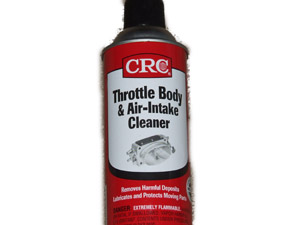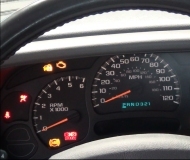I'm going to make an educated guess that you replaced only the pump, not the complete assembly. Your excellent description is exactly what happens when the pickup screen is plugged or collapses. I learned this the hard way when I was a long way from home. Took me four hours to nurse it though Minneapolis, then ran fine on the highway for two hours to get home. Stalled as soon as I slowed to turn off the highway.
Had I only known then... To prove this is the problem, disconnect and plug the vacuum hose from the fuel pressure regulator on the engine. You will get some black smoke out of the tail pipe, but it won't stall. What's happening is the pickup screen is able to pass enough fuel for the engine to run at highway speeds, but it has to pass much MORE fuel when coasting or slowing down. Doesn't make sense at first, but just remember, fuel being pumped and fuel entering the engine are not the same. A lot goes through the regulator and back to the tank.
The regulator looks at manifold vacuum, (hence, the vacuum hose), and adjusts fuel pressure accordingly. Higher vacuum, such as when coasting, pulls fuel in harder. Lowering fuel pressure compensates by reducing the "push" when the "pull" goes up. A lower setting in the regulator means it's easier for fuel to flow through it so more fuel flows. The pump has to pump a higher volume of fuel but most of it just goes back into the tank.
You can check if the pickup screen is available from the dealer. If not, and you don't want to buy the whole assembly, cut a slit in the top of it. I personally don't recommend this because repeat pump failures are caused by microscopic debris jamming the pump impellers. Many shops now recommend steam cleaning the tank to prevent failure of a new pump. Other than that, the fuel filter along the frame rail can handle any dirt in the fuel. They typically last the life of the vehicle on Chrysler products. Of my five cars, I only changed one filter at 195,000 miles because it started leaking. That was the same van that had the plugged screen six years earlier.
Caradiodoc
Wednesday, April 29th, 2009 AT 5:12 AM





